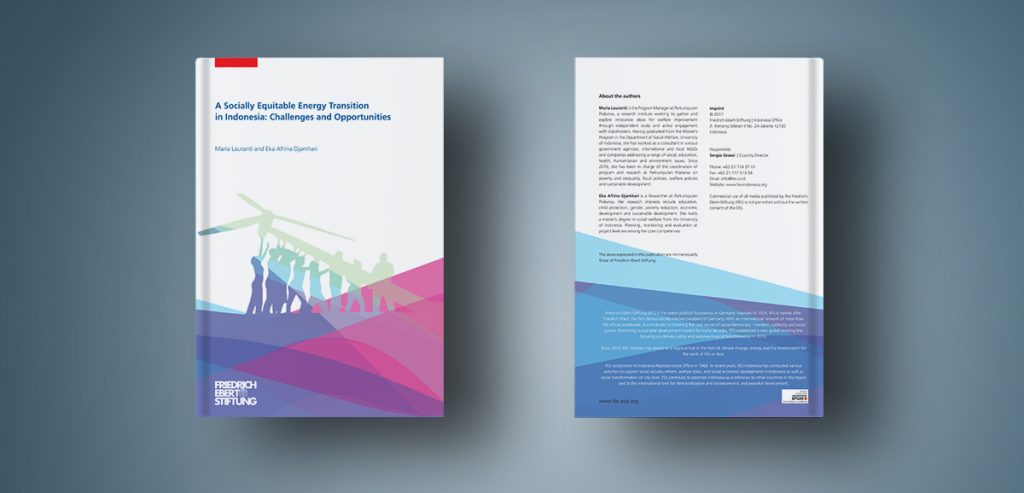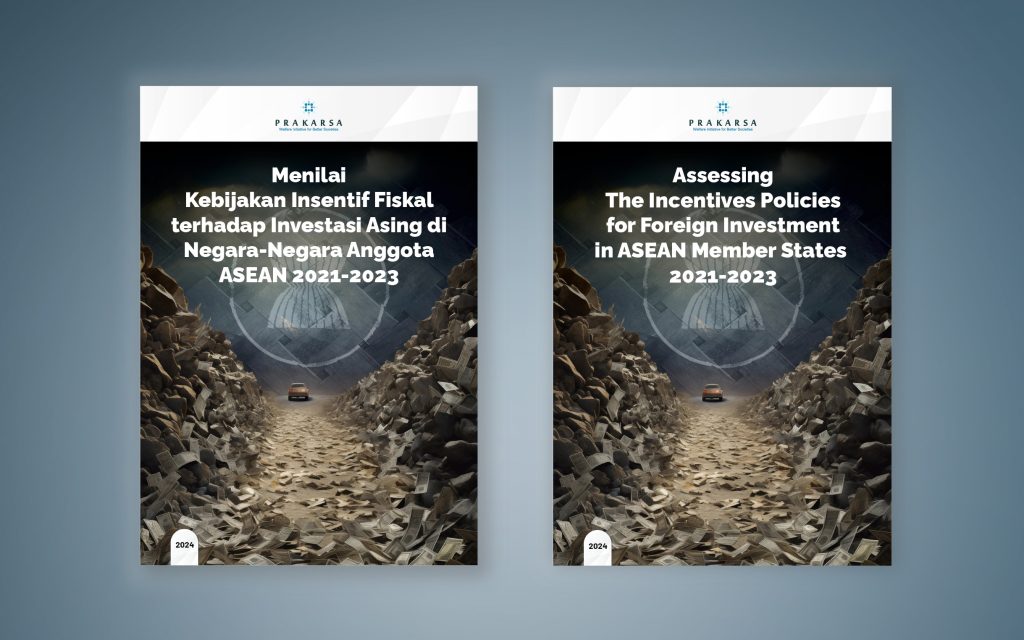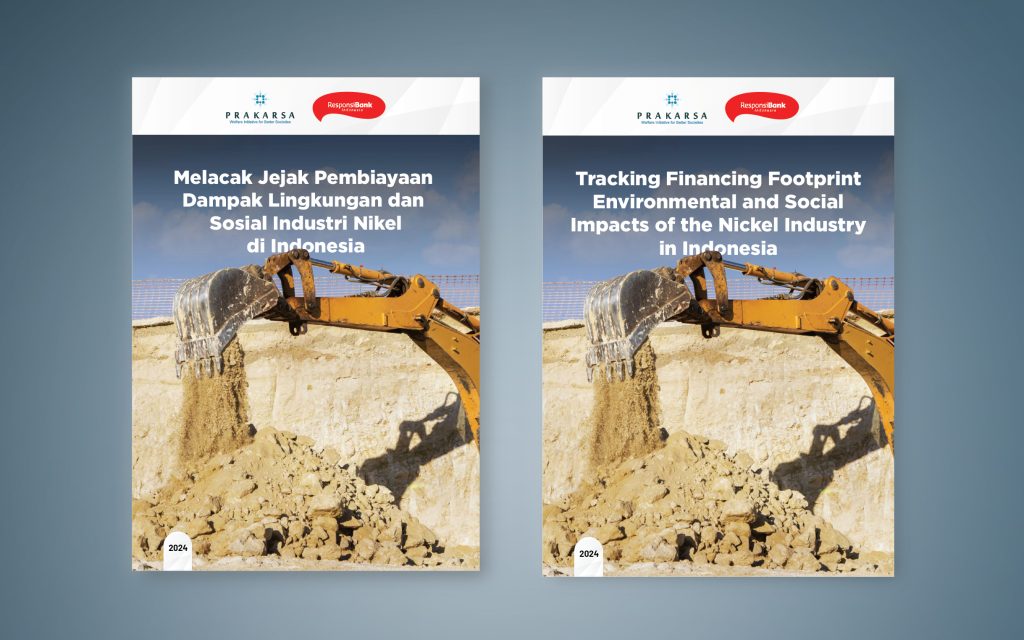
Tackling climate change will not be possible without a significant contribution from Asia. Although most Asian countries have relatively low levels of per capita greenhouse gas emissions and historically Asia’s contribution to global climate change has been limited, Asia now contributes substantially to global greenhouse gas emissions. This is both because of the region’s large population and its relatively robust economic growth. According to economic forecasts, Asia’s share of global greenhouse gas emissions will grow dramatically in the coming decades. At the same time, millions of people in the region will be affected by climate change. Serious environmental pollution has resulted from the burning of fossil fuels. Health risks due to air pollution already affect millions of Asians.
There are signs of growing interest in renewable energy in many parts of Asia due to energy security and environmental concerns and the need to provide electricity to energy-poor regions. With dropping renewable energy prices, there is growing investment in the sector in Asia. This makes it increasingly possible to promote energy transitions, which are occurring within the region. Greater use of renewable energy may lead to more socially and environmentally just energy structures. We still know, however, little about the actual social and political contributions, costs and implications of renewable energy expansion.
Friedrich-Ebert-Stiftung examined these questions with a series of country studies in Asia. The studies address the political and social factors that drive— and hamper—socially just energy transitions. Authors from China, India, Indonesia, Japan, the Philippines, the Republic of Korea, Thailand and Vietnam worked with Miranda Schreurs, Professor of Environmental and Climate Policy in the Bavarian School of Public Policy, Technical University of Munich, to provide an in-depth analysis of the situation in their respective country. The preparation of the country studies and their review was supported by Julia Balanowski.
The studies provide insights into the status of climate and energy policies, their socioeconomic implications and the actors involved in developing and implementing those policies. Two of the important questions that motivated this comparative study were whether renewable energy development was contributing to a more socially just energy structure and which factors foster or impede political acceptance of renewable energy development.
We hope that this study provides a starting point for further analysis to foster a learning process on a transition towards renewable energy in Indonesia and that its useful information will help policymakers, academics and civil society to work together towards low-carbon development in Indonesia and beyond.



